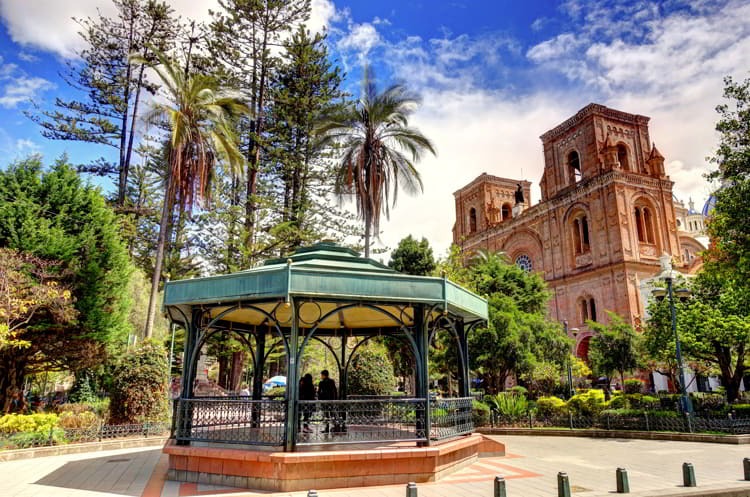Ecuador experienced an oil boom from 2005 to 2014, resulting in ambitious infrastructure projects and multibillion-dollar initiatives to improve health and education and reduce crime and poverty.
The initiative transformed a once-struggling country into one of Latin America’s highest-ranking countries for standard of living.
Most importantly, expats have caught on to this country’s incredible natural beauty and high quality of life, with thousands of North Americans and Canadians already calling Ecuador home.














 . '
. '
 . '
. '
 . '
. '
 . '
. '
 . '
. '








